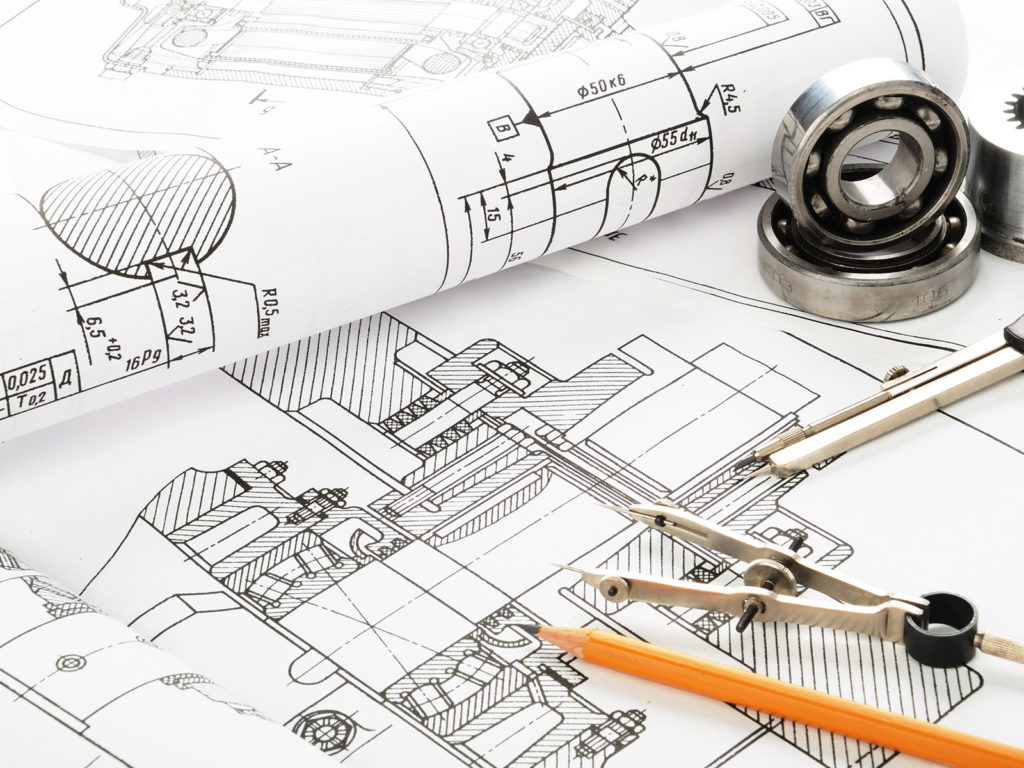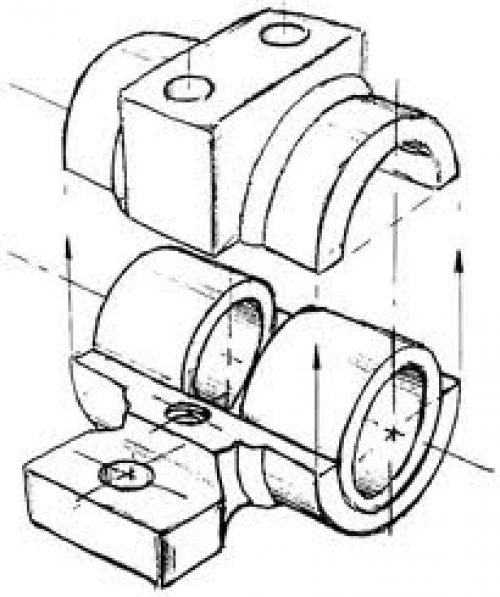How Sketching And Technical Drawing Are Related
If you have a passion for innovation and a knack for creating cutting-edge machines, then you might just have the mind of an engineer. Engineering combines the art of design with the science of mathematics and physics to create some of the most awe-inspiring creations on the planet. One such creation is the computer, which is a product of electronic engineering principles.

As someone who has been in the field of engineering for quite some time, I can tell you that there's always something new to learn. That's why it's important to keep up with the latest trends and advancements in the industry.
In this post, we'll go over some of the exciting things happening in the field of electronic engineering, as well as some tips and tricks for those who are just starting out.
Exciting developments in Electronic Engineering
Electronic engineering has come a long way since the invention of the first electronic component over 150 years ago. In today's world, electronic engineering touches nearly every aspect of our lives, from the cars we drive to the smartphones we use to communicate.
One area where electronic engineering is making a significant impact is in the medical field. Engineers are creating devices that can monitor heart rates, blood sugar levels, and other vital signs in real-time. These devices allow doctors to monitor patients remotely, which can be especially helpful for those who live in remote or rural areas.
Another exciting development is in the field of robotics. Electronic engineers are creating robots that can perform complex tasks, such as surgery, more efficiently than humans. These robots are also being used in manufacturing to assemble products more quickly and with greater precision.
Electronic engineering is also making a big impact in the world of renewable energy. Engineers are creating new technologies that can harness energy from the sun, wind, and even ocean tides. This is helping to reduce our dependence on fossil fuels and is paving the way for a cleaner, more sustainable future.
Tips for those just starting out
Whether you're a recent graduate or just starting out in the engineering field, there are a few things you should keep in mind. Here are some tips to help you succeed:
- Always keep learning: As I mentioned earlier, electronic engineering is a field that's constantly evolving. To stay ahead of the curve, you need to keep learning and expanding your knowledge base. Attend industry conferences, participate in online forums, and read technical journals to keep up with the latest developments.
- Find a mentor: Having someone to guide you through the early stages of your career can be incredibly helpful. Seek out a mentor who has experience in your field and who can offer advice and share their knowledge with you.
- Develop your soft skills: While technical skills are important, they're not the only thing you need to succeed in engineering. Communication, teamwork, and problem-solving skills are also essential.
- Network: Building a strong network of contacts can help you find job opportunities, learn about new projects, and stay connected to others in your field. Attend industry events, join professional organizations, and connect with others through social media to build your network.
- Stay organized: With all the projects and deadlines you'll be juggling, it's important to stay organized. Use tools like project management software or a simple to-do list to keep track of your tasks and deadlines.
How to get started in electronic engineering
So, you're interested in a career in electronic engineering? Great! Here are the steps you can take to get started:
- Obtain a degree in electronic engineering or a related field, such as computer engineering or physics.
- Look for internships or entry-level positions to gain experience in the field.
- Build your skills by working on personal projects or participating in hackathons.
- Stay up-to-date with the latest developments in the industry by reading technical journals and attending conferences.
- Network with others in the field to stay connected and learn about job opportunities.
In conclusion, electronic engineering is an exciting and dynamic field that offers a wealth of opportunities for those who are passionate about innovation and design. With the right skills and knowledge, you can make a difference in the world by creating groundbreaking technologies that improve our lives.



Post a Comment for "How Sketching And Technical Drawing Are Related"